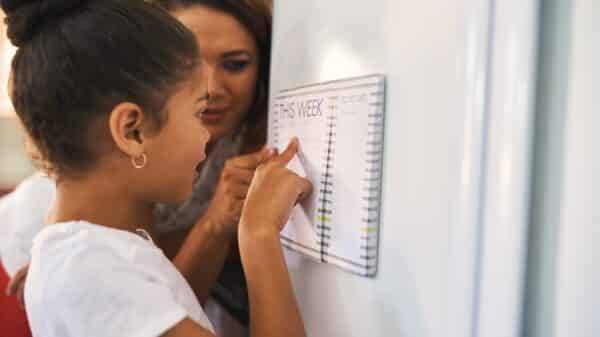As a parent navigating the tricky waters of middle school transitions, I’m acutely aware of how chaotic and confusing this time can be for our kids. With one child wrapping up their time in middle school and another on the cusp of starting this journey, I feel every emotional swell and ebb that comes with it. It’s not just the tumult of adolescence—those awkward teenage years—but also a whirlwind of physical, mental, and emotional changes. And when you mix in a bunch of kids grappling with these shifts in one school, well, let’s be real—it’s a melting pot of experiences, and sometimes those experiences turn sour.
Statistics from the National Bullying Prevention Center highlight that bullying ramps up in middle school. For kids just finishing junior high, that’s a relief; but for those stepping in, it might feel like stepping into a battleground. So, how can we, as parents, support our kids through this often-daunting environment? Thankfully, TikTok creator and parenting expert Dr. Chelsey Hauge-Zavaleta has shared insightful strategies that can make a difference.
Dr. Hauge-Zavaleta candidly points out, “Sixth grade is the worst grade for bullying.” Whether or not your child is the target, they’re likely seeing it unfold in real time. Imagine this: your sixth grader witnesses a classmate being told they can’t play basketball because, well, girls supposedly can’t play. They feel the tension, the awkwardness, and maybe even the injustice, but what can they do? Every day at school presents a backdrop of micro-aggressions and social struggles. On the bus home, they might also see a classmate’s backpack dumped, leaving that child isolated as they pick up the pieces by themselves.
All of this can be so confusing, and the weight of these experiences can take a toll on their mental health. When you ask them how their day went, and they respond with a simple “fine,” it’s often more complicated than that. They may not know how to express what they’ve seen or felt, fearing your reaction or whether you’ll understand their feelings. That’s where the importance of communication comes into play.
Dr. Hauge-Zavaleta emphasizes the power of modeling—to lead by example. Share your own experiences of feeling excluded or having a tough day. This helps your child realize that they aren’t alone in feeling overwhelmed. Your own stories can give them permission to share their own.
Instead of the classic “How was school?” which often gets met with a shoulder shrug or a monosyllabic answer, consider these more open-ended questions:
– “Did you notice anyone having a tough time today?”
– “What do you think about that new kid in your class?”
– “If you could change one thing about your school day, what would it be?”
These questions invite deeper dialogue and signal to your child that you’re genuinely interested in their feelings and experiences. Dr. Hauge-Zavaleta reminds us, “Tonight, millions of kids will be asked how school was, and many will say ‘fine,’ even though their day was anything but.”
Having these conversations can feel challenging, just like the middle school experience itself. And, let’s be honest, your child might not always feel comfortable opening up. But just showing them that you recognize the difficulty of this stage in life is a vital first step in fostering a space where they feel safe to share when they are ready.
In this crucial era of growth, sometimes just knowing that someone gets it can make all the difference. So, let’s keep the lines of communication open and remind our kids they’re not alone in navigating this rollercoaster ride called middle school.
Image Source: Inside Creative House / Shutterstock



































